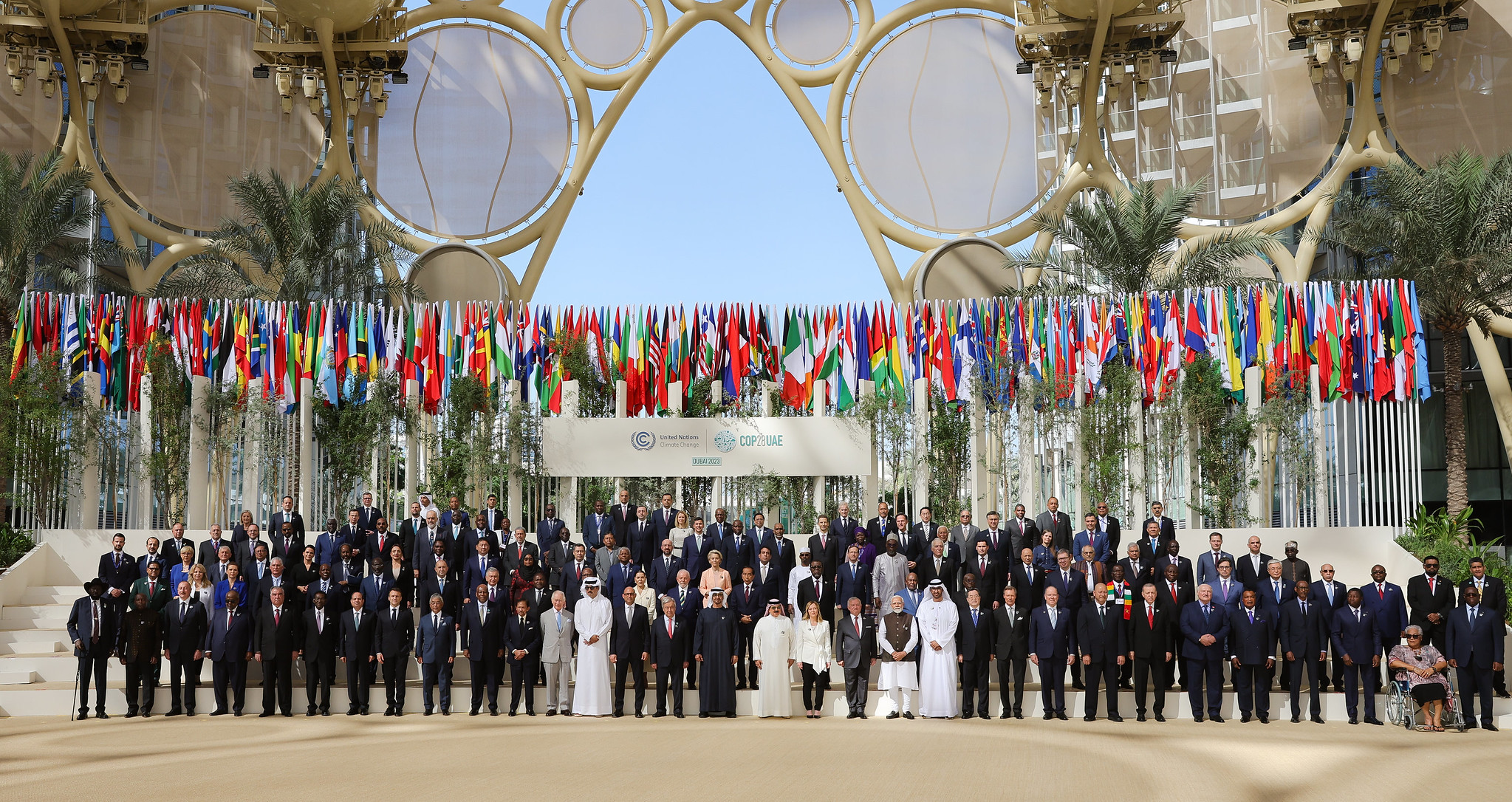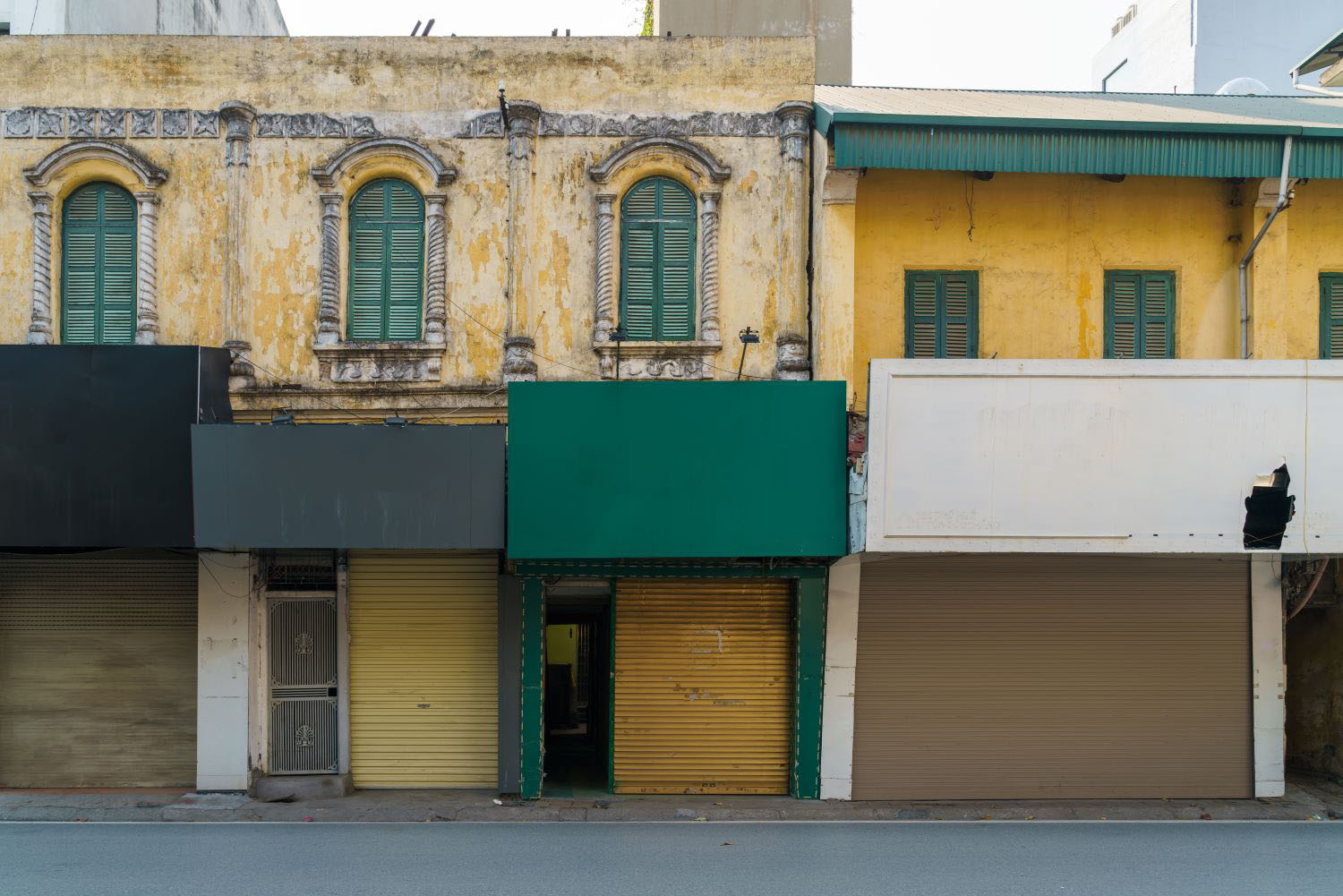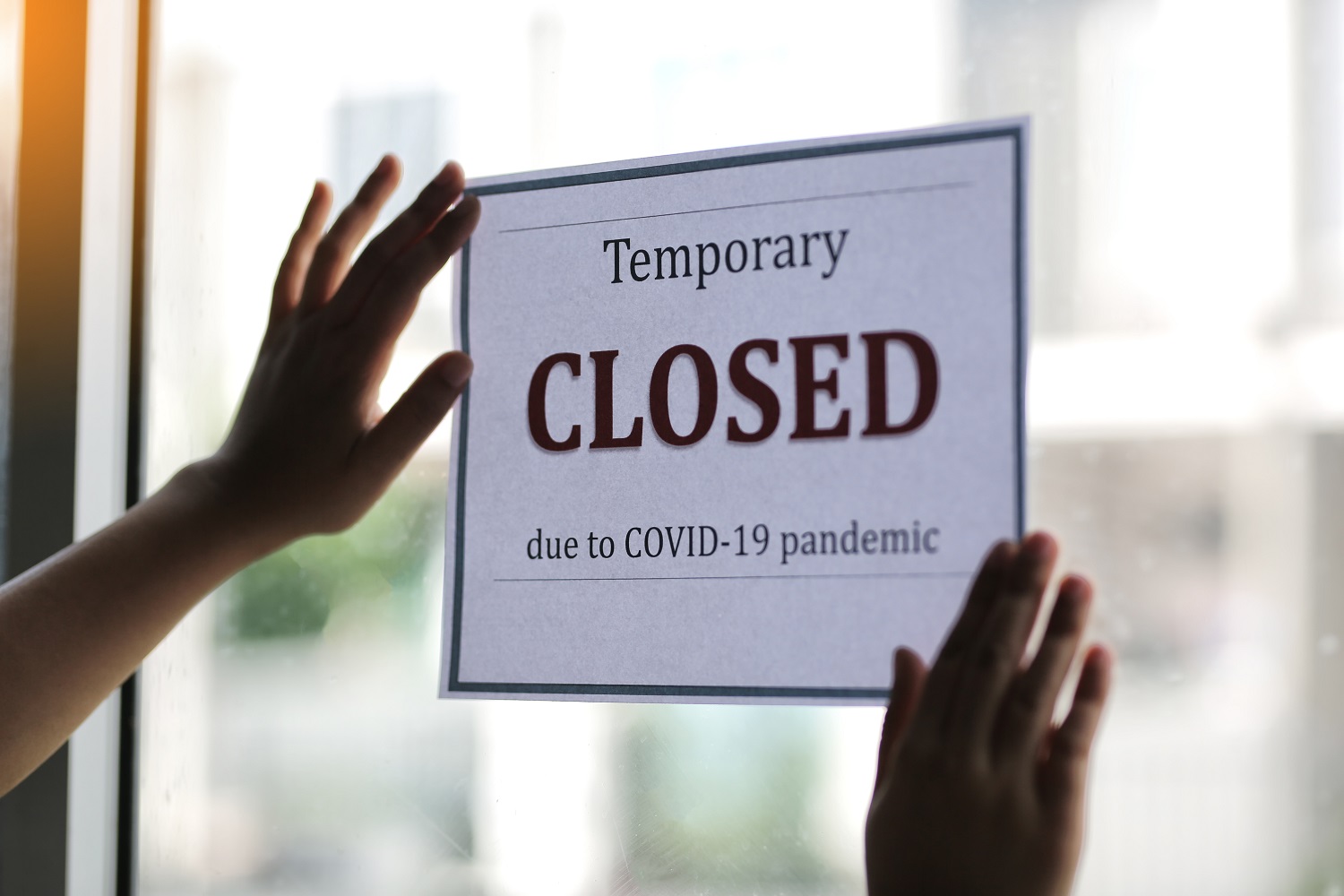Recommended
Four years of writing introductions to our end-of-year reviews has taught us that there is always something terrible happening somewhere in the world; but, without wishing to channel Harvey Two-Face too much, there are glimpses of light in even the darkest times. In 2023, we’ve seen a few such glimpses, but the overwhelming feeling is that we’ve failed to go far enough or fast enough when they’ve arisen. 2023 has been—largely—the year of missed opportunities. Much of the good we could do is going undone, though the flip side is some of the bad has suffered the same fate. Today we say goodbye to 2023 with our best I’m-not-angry-I’m-just-disappointed face, and look forward to 2024 more in hope than expectation (but remember, hope is a good thing).
Break in case of emergency
What makes an emergency an emergency? We closed our review of 2022 on an optimistic note: hope for an effective vaccine in the fight against Malaria. That optimism hasn’t exactly petered out, but it’s been on hold and assured that it’s number three in the queue, for a little too long for our liking. It’s not because the vaccine proved a flash in the pan, and further tests and trials are required. An even better vaccine has emerged, and the WHO has approved it; they’ve seen enough to know it will save lives. The problem is that, in the face of one of the greatest killers of children in human history, we have not hit the accelerator and kept it hit. We could be moving much, much faster (FT, paywalled), to the dismay of Adrian Hill, Director of the Jenner Institute at the University of Oxford. COVID taught us that we can do amazing things in the face of an emergency—but perhaps the long history of our struggle with malaria has made it seem like something other than an emergency, tragic normality perhaps? Alex Tabarrok made a convincing case that how we define “emergency” needs to change if this does not qualify. Shots in arms now. This is an emergency.
But pathetic inaction in the face of an emergency is not limited to the fight against AIDS or malaria. There was a conscious effort to rebrand “global warming” and “climate change” with the declaration of a “climate emergency” because of the sense of (correct) urgency the new phrase conjured. But sadly simply drawing attention to the fire does not change the incentives of those holding the water-hose. COP28 is only just in the rearview mirror, but even though it could have been even worse (and started with some revelations so lurid they were darkly comical), it was still deeply disappointing. The correct time for serious action was about a couple of decades ago; getting to net zero is not just important as the end goal, but the speed with which we do it is extraordinarily important too. That message does not seem to be getting through.
COP is a convenient punching bag, but the Multilateral Development Banks deserve their share of the derision too. The World Bank unveiled a new mission: “A world free of poverty… on a liveable planet,” but a truth-in-advertising campaign would have added a couple more clauses: “so long as it doesn’t cost much more than we’ve already raised, and without jeopardising our credit rating.” The World Bank and its shareholders clearly recognize that the world requires more from its major global financial institutions. It’s just a shame that, despite multiple sets of actionable recommendations, the recognition that more must be done has yet to translate into… more. Until it does (and indeed, until it translates in to much, much, much more), the Bank’s slogan should probably be rewritten: “A world free of poverty… or a liveable planet.” That said, it’s not just the Bank that’s failing the moment: so is the IMF, with SDR reallocation amounting to (in the words of our colleagues Mark and Bernat) empty promises and empty wallets.
Sometimes nothing is a terrible, terrible hand
In Cool Hand Luke, Paul Newman bluffs his way to a big win in a game of poker and tells the table “sometimes nothing can be a real cool hand.” With apologies to Newman, the more usual outcome of a position in which the vulnerable have no bargaining power is disaster. Zambia’s debt crisis is a case in point: the recent collapse of its debt restructuring deal is partly a flashback to the 1990s (when Zambia last went through a protracted and painful debt crisis) and partly a sign of much more complicated times. The Common Framework for Debt Treatment, meant to respond to the growing debt distress in low and lower-middle income countries, is—despite its name—effectively designed to work on a case-by-case basis. With debt coming from more diverse countries and from a more complex mix of public and private sources, this may be inevitable, but it also raised the stakes for getting the Common Framework right and in particular turning its principles into operational reality, as Masood Ahmed and Hannah Brown noted almost two years ago. Zambia’s case suggests we have failed.
This isn’t the only stalemate with huge human consequences looming large: the US Congress remains mired in a messy fight over the reauthorization of PEPFAR (the President’s Emergency Plan for AIDS Relief), the one truly impactful, bipartisan foreign aid programme the US has consistently funded over the last twenty years. The stakes are enormous: the programme provides antiretrovirals to 20 million people. Saloni Dattani, a researcher at Our World in Data, has described this as the most important risk to global health today. Failing to reauthorize PEPFAR would be worse than a missed opportunity; it would be an act of global vandalism.
And one failure we can celebrate
Of course, not every failure to implement is a net loss to humanity. In a year marked by increasingly toxic rhetoric around migrants and refugees in the UK, culminating in a policy that essentially reserves the right to marry a non-national for the rich, the continued failure of the Government to make its scheme of exporting refugees to Rwanda has been a welcome bit of inaction. The barriers are numerous: the courts don’t buy it; attempts to legislate away the legally determined truth are simultaneously too far and not far enough for many Tories; Rwanda can only accept a handful of refugees; and no airlines are willing to fly them there. Possibly the only good thing about the scheme is that Rwanda has essentially turned it into a source of unrestricted budget support from the UK Government, running diplomatic, political and official circles around it, getting exactly what it wants for essentially no real effort to date.
It turns out that performative cruelty is both expensive and makes you look silly. Good. If there’s a positive to take from this year, maybe that’s it.
Disclaimer
CGD blog posts reflect the views of the authors, drawing on prior research and experience in their areas of expertise. CGD is a nonpartisan, independent organization and does not take institutional positions.






